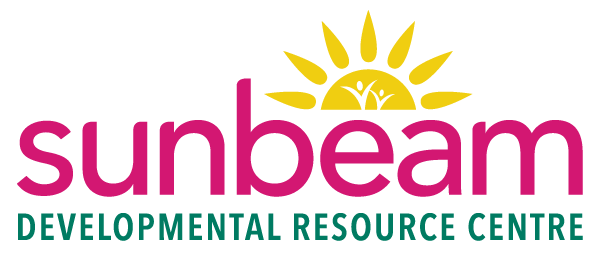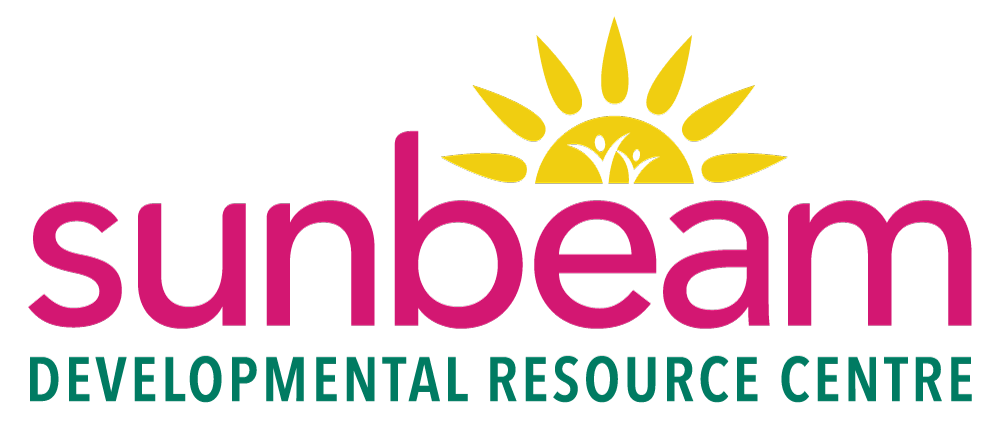Consent
Access to developmental services is dependent upon consent of the individual to participate. Sunbeam Developmental Resource Centre (SDRC) staff will generally take direction from the individual unless:
- They are under sixteen years of age and not able to provide an informed consent;
- They are unable to provide consent through verbal or augmentative methods; or,
- The worker believes the individual has no awareness or understanding of the issue.
This is especially important for parents of teenagers to know. By age 16, many services will base service provision on the request and consent of the individual instead of a parent.
Legislation
SDRC adheres to the:
- Child and Family Services Act
- Freedom of Information/ Protection of Privacy Act
- Health Care Consent Act
- Substitute Decisions Act
Where a person cannot provide consent, we recognize court-appointed guardians, then a spouse, a child, a parent, and a sibling (in that order). Further information on substitute decision-makers and priority ranking can be obtained through SDRC or through the Ontario Public Guardian and Trustee.
Informed Consent and Who May Give It
Individuals 16 years and older can give consent to a proposed action if:
- They understand the nature of the treatment/action.
- They received proper disclosure of information from the caregiver.
- They have an opportunity to ask questions and to receive understandable answers.
- Their authorization is free of undue influence and coercion.
- Their authorization is free of misrepresentation of material information.
- They possess mental capacity and are legally competent to authorize care and treatment.
Under the law, individuals no longer have a “blanket” certificate of incompetency.
Consent and Voluntary Participation in Developmental Services
Consent will be obtained from individuals 16 years and older for participation in developmental services’ programs (or making referral to them) and for sharing of information with parents, services, or others within the person’s support network.
Participation in developmental programs and services is always voluntary. Service providers cannot “compel” participation or acceptance of a service.
What if the individual is unable to provide consent?
There are some situations where an individual may not be able to provide their own consent. For example, the individual may not be able to communicate using words, and does not communicate in other ways (e.g., picture exchange communication systems, sign language, etc.).
In such an event, SDRC would follow the guidelines provided in provincial legislation regarding guardianship of the person. These guidelines can be reviewed on request.
What if my wishes differ from my adult child’s wishes?
SDRC must have an individual’s consent before proceeding with a referral for services. If an individual is verbally able to state that they do not wish involvement with our agency, we cannot provide further assistance. In this event, guardianship status must be verified before SDRC can proceed further.

